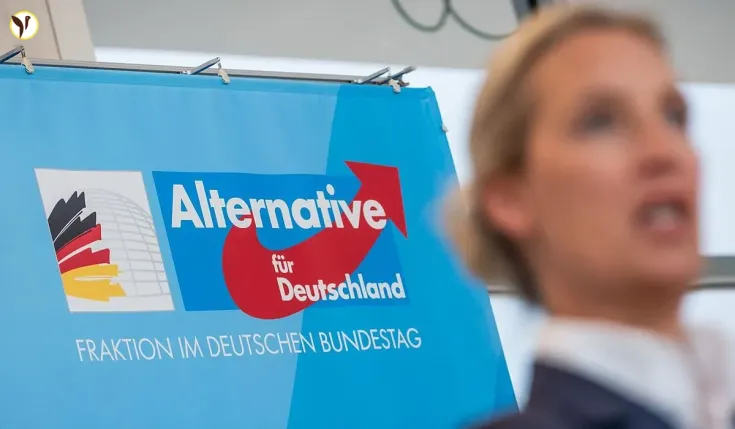Sieghard Knodel Leaves AfD After Verfassungsschutz Ruling
In a surprising move with significant political ramifications, Sieghard Knodel, a newly elected member of the Bundestag (German Parliament), has resigned from the Alternative für Deutschland (AfD) party. His departure follows the German domestic intelligence agency, the Bundesamt für Verfassungsschutz (BfV), classifying the AfD as a “secured right-wing extremist endeavor.”
Knodel's Decision: A Personal Choice
Knodel, a Baden-Württemberg representative, cited the BfV's assessment as the reason for his resignation. In an email, he explained that his decision to leave both the AfD parliamentary group and the party itself was necessary to protect his personal and professional life. While acknowledging the difficult nature of his choice, he emphasized that it was unavoidable under the circumstances.
Impact on the AfD
Knodel's resignation leaves the AfD with 151 seats in the Bundestag, down from 152. This represents a considerable loss, particularly given the party’s near doubling of seats in the recent federal election, from 77 to 152. The move underscores the potential fallout of the BfV's classification on the AfD’s internal cohesion and electoral prospects. The long-term consequences of this decision on the AfD remain to be seen.
What Happens Next?
Knodel will continue his term in the Bundestag as an independent member. His departure has already sparked debate and speculation surrounding the AfD's future and the potential for further defections. The BfV's assessment has injected new uncertainty into German politics, highlighting the complexities of managing extremist tendencies within a mainstream political party.






